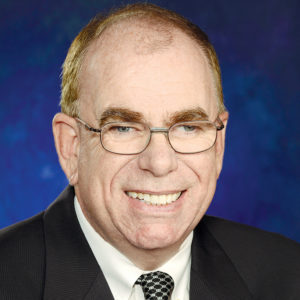
For decades, providers and consumer advocates have been going at it hammer and tongs.
At stake in this epic PR battle is nothing less than which perception of long-term care is best believed.
Up until now, talking points have been the coin of this particular debate. It’s not hard to see why after all, they can create memorable impressions quickly and efficiently.
Among the anti-industry crowd, here are some of the most popular:
· Operators put profits before patients.
· Nursing homes are warehouses for the elderly.
· Facilities are union busters.
· Operators hide behind opaque ownership structures that deny accountability.
Then there are the industry’s talking points:
· Nursing homes are convenient scapegoats.
· Operators are expected to deliver champagne-level care on a beer budget.
· The government both over-regulates and underpays facilities.
The list goes on, on both sides. But you get the idea. Truth be told, plenty of examples can be found to defend or refute any of them.
But those rejoinders may be in for a tweak of sorts. For as it has in so many other areas, the data revolution may be about to rejigger the conversation here.
For example, instead of saying facilities hide behind byzantine edifices, the new consumer advocate argument might look more like “15% of facilities do not list a CEO.” Or, “on average, 74% of operators hire advisors in an attempt to thwart organizing activities.” (These numbers are completely made up, by the way.)
Conversely, operators are likely to tout favorable numbers of their own. You know, stuff like “UTIs are down 15% in facilities during the past decade.” Or, “78% of all media reports citing skilled care facilities provided negative coverage.”
The new arguments in this debate won’t just be about making allegations. They’ll be about complementing allegations with actual stats. Even if the numbers happen to be cited in selective or dubious ways.
What’s not likely to change much, however, will be the resulting impact.
Those who see skilled care operators through a skeptical lens are not likely to embrace a new view. Nor are those who generally hold the field in high regard.
That’s because tactics are a lot easier to adjust than human nature. For better or worse, a made up mind is almost impossible to change.
Maybe that’s because we humans tend to form opinions on emotions like fear, anger and contempt. As for new facts, they often act more like mortar than bricks.
At least, those are my observations. Just wish I had some numbers to back them up.
John O’Connor is Editorial Director for McKnight’s.




